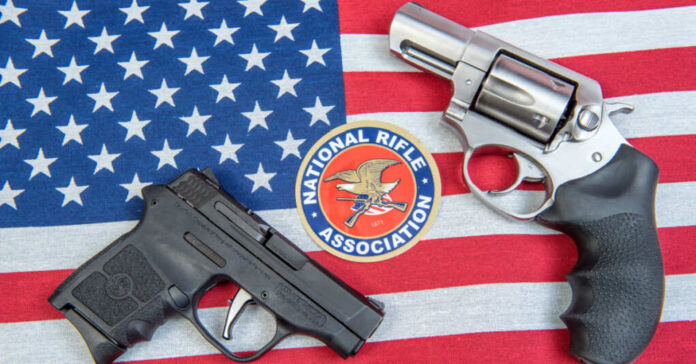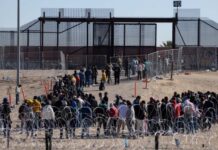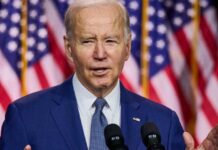Buckle up, America, because the NRA civil trial in the Big Apple is about to reach its climax. The drama unfolds as a New York jury resumes deliberations in the contentious case involving three NRA executives, Wayne LaPierre, Wilson “Woody” Phillips, and Josh Powell, along with the NRA itself. The stakes are high, and the clash between the New York Attorney General’s Office and the NRA has the nation on edge.
This legal saga began when New York A.G. Letitia James filed a civil suit on August 6, 2020, stemming from a 2019 investigation. The allegations paint a picture of a “culture of corruption” within the NRA, accusing its leaders of self-dealing and violating state and federal laws, allegedly contributing to a staggering $64 million loss in just three years.
However, it’s hard to ignore the political undertones for those closely following this trial. The NRA has boldly asserted that this lawsuit is nothing more than a calculated political attack aimed at dismantling the organization. Andrew Arulanandam, the NRA’s interim executive vice president and CEO, minced no words, stating that the New York attorney general’s case fell flat as the evidence failed to support the claims of a “persistent” pattern of law violations.
Adding to the intrigue, former Chief of Staff Josh Powell settled his case earlier, agreeing to testify for the state, paying $100,000 in restitution to the NRA, and facing a ban from working with nonprofits. The drama doesn’t stop there—calls for the removal of executives and restitution payments to the NRA add layers of complexity to this legal showdown.
Former NRA Executive Vice President Wayne LaPierre, a fixture in the organization for decades, resigned on January 31, leaving an indelible mark on the NRA’s history. The court, led by New York Supreme Court Justice Joel M. Cohen, acknowledged the severity of the allegations but ruled against dissolving the NRA. Justice Cohen argued that such a move could infringe on the First Amendment rights of millions of NRA members.
As accusations of self-dealing, mismanagement, and negligent oversight echo through the courtroom, the NRA’s pro-Second Amendment stance takes center stage. The complaint alleges that NRA leaders, including LaPierre, benefited personally from their positions, enjoying private planes, luxury vacations, and questionable expense reimbursements.
Accusations of retaliation against whistleblowers, exemplified by the case of Lt. Col. Oliver North, further intensify the courtroom drama. NRA attorneys counter these allegations as politically motivated, asserting that the lawsuit is an attempt to stifle pro-Second Amendment ideas.
As the trial resumes, the NRA remains resilient, emphasizing steps taken to address the issues raised in the complaint. The organization claims that the legal battle is an investment in its mission and constitutional freedom, showcasing a commitment to defending the principles that resonate with millions of Americans.




